Earphones
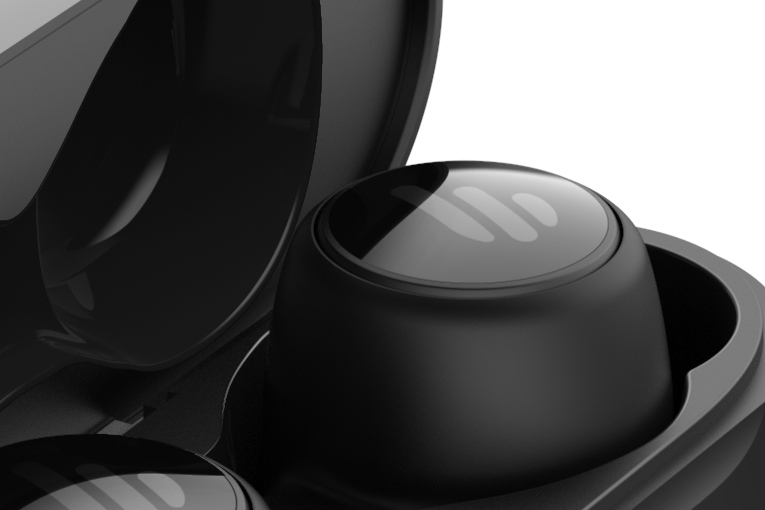
- Details
- Written by: Brent Butterworth
Sound: 









Value: 









(Read about our ratings)
Measurements can be found by clicking this link.
Although I don’t know much about you, dear reader, I am pretty confident you’ll eventually own some true wireless earphones -- even if you’re a hardcore audiophile. The sheer convenience of them seems to win over everyone who tries them, and they’re expected to take about 50% of the earphone business this year. Audiophiles haven’t shown much interest yet, but with new models such as the Edifier TWS6 earphones ($119.99 USD) appearing, they probably will.
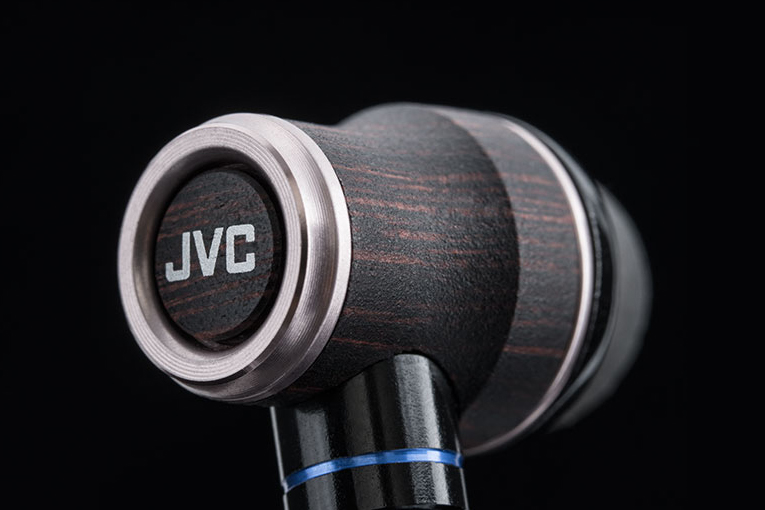
- Details
- Written by: Brent Butterworth
Sound: 









Value: 









(Read about our ratings)
Measurements can be found by clicking this link.
 I signed on to review the JVC HA-FW01 earphones ($329.95 USD) because one of the many ideas about audio that I’m working hard to disprove, dispel, and sometimes even deride, is the absurd obsession with driver materials in headphones and speakers. Pick a driver material, and I can almost certainly cite examples of good- and bad-sounding products using that material. Or as Voice Coil editor and Loudspeaker Design Cookbook author Vance Dickason told me, “I certainly have my favorites, but given any decent set of drivers, I can make you a good speaker with them.”
I signed on to review the JVC HA-FW01 earphones ($329.95 USD) because one of the many ideas about audio that I’m working hard to disprove, dispel, and sometimes even deride, is the absurd obsession with driver materials in headphones and speakers. Pick a driver material, and I can almost certainly cite examples of good- and bad-sounding products using that material. Or as Voice Coil editor and Loudspeaker Design Cookbook author Vance Dickason told me, “I certainly have my favorites, but given any decent set of drivers, I can make you a good speaker with them.”
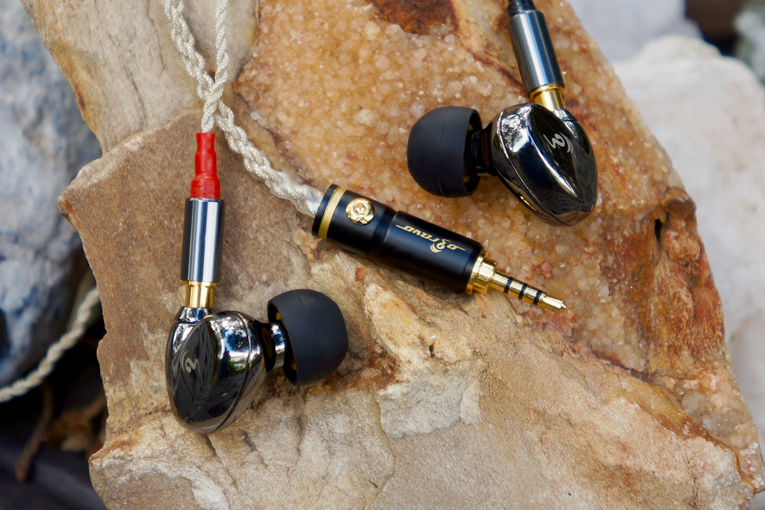
- Details
- Written by: Brent Butterworth
Sound: 









Value: 









(Read about our ratings)
Measurements can be found by clicking this link.
I tend to love headphones with planar-magnetic drivers. And I tend to love hybrid earphones using a couple of different types of drivers. So when I saw the oBravo ERIB-2a hybrid earphones ($899 USD) at CES a few years ago -- combining a planar-magnetic driver and a dynamic driver in a single earpiece -- I thought it might be love at first listen. Sadly, I never saw them again. But the new oBravo Cupid earphones ($179) seem like a miraculous rebirth of the ERIB-2a earphones -- the same concept, but at a price most listeners can afford.
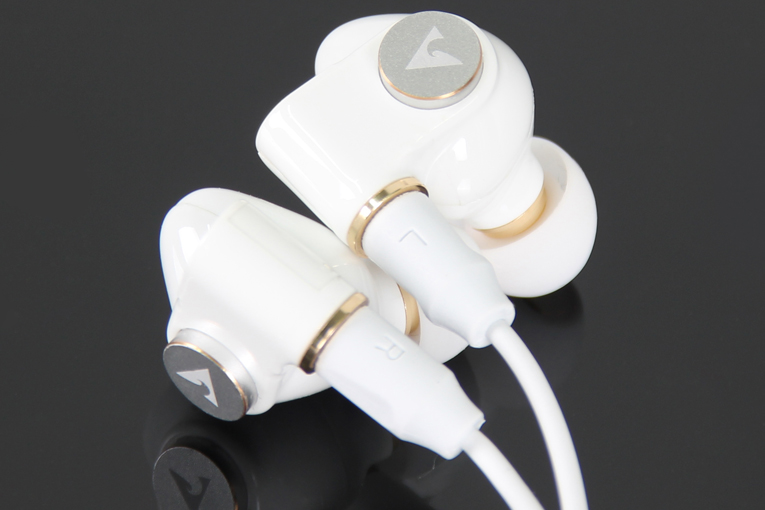
- Details
- Written by: Brent Butterworth
Sound: 









Value: 









(Read about our ratings)
Measurements can be found by clicking this link.
Atlantic Technology’s just about the last audio brand name I’d have expected to see on a set of earphones, even ones as complex as the FS-HAL1s. I first encountered Atlantic Technology when the company and I were both just getting started, at my first CES in 1990. It built a solid reputation in the ’90s and ’00s as a pioneer in home-theater sound. Now under new ownership, the company’s branching out into products designed for the listening preferences of the early ’20s -- including headphones and earphones.
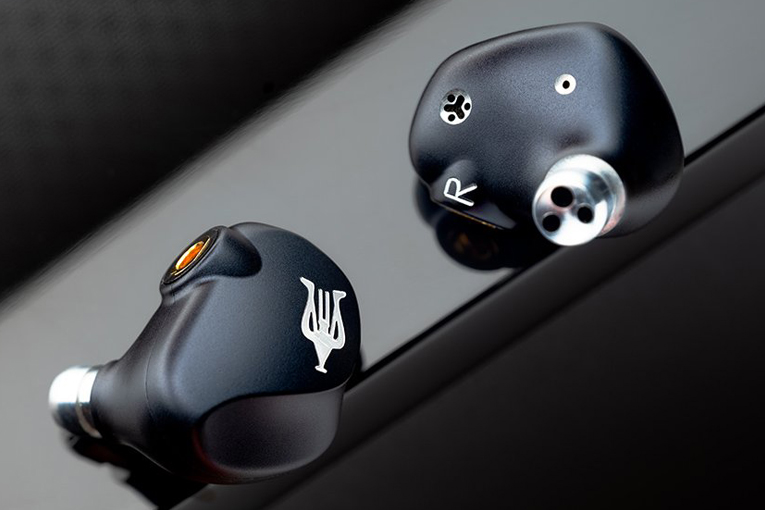
- Details
- Written by: Brent Butterworth
Sound: 









Value: 









(Read about our ratings)
Measurements can be found by clicking this link.
 Like most high-end earphones, the Meze Audio Rai Pentas ($1099 USD) use multiple drivers -- but multiple drivers aren’t a simple prescription for great sound. With speakers, a complex electrical crossover circuit is typically used to optimize each driver’s performance. While some multi-driver earphones do include simple electrical crossovers, most of the tuning is done using acoustical chambers -- a method that typically requires much lengthier trial-and-error sessions than simple crossover tuning.
Like most high-end earphones, the Meze Audio Rai Pentas ($1099 USD) use multiple drivers -- but multiple drivers aren’t a simple prescription for great sound. With speakers, a complex electrical crossover circuit is typically used to optimize each driver’s performance. While some multi-driver earphones do include simple electrical crossovers, most of the tuning is done using acoustical chambers -- a method that typically requires much lengthier trial-and-error sessions than simple crossover tuning.
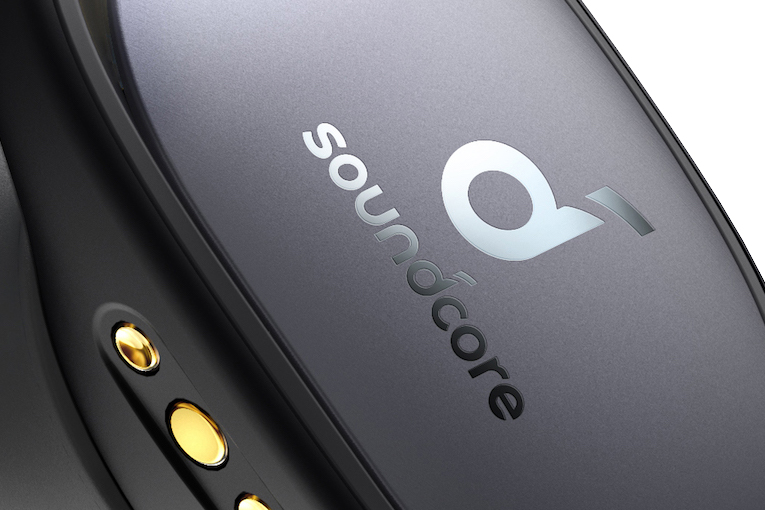
- Details
- Written by: Brent Butterworth
Sound: 









Value: 









(Read about our ratings)
Measurements can be found by clicking this link.
According to market research firm Futuresource, true wireless earphones already account for 30 percent of earphone sales by volume and more than 60 percent in dollars, and by 2023 they’re expected to account for more than half of all total headphone retail revenue. But almost all of them are rather plain when it comes to acoustics -- usually just a single dynamic driver per earpiece. The Soundcore Liberty 2 Pro earphones ($149.99 USD) use a unique driver arrangement to break out of the functional but uninspired engineering common to the category.
- EarFun Free True Wireless Earphones
- Simgot EK3 Earphones
- Ausounds AU-Flex ANC Bluetooth Earphones
- MEE Audio MX4 Pro Earphones
- HiFiMan TWS600 True Wireless Earphones
- Periodic Audio Carbon Earphones
- Campfire Audio IO Earphones
- Cambridge Audio Melomania 1 True Wireless Earphones
- Simgot EN700 Pro Earphones
- 1More E1026BT-I Stylish True Wireless Earphones
- Sennheiser Momentum True Wireless Earphones
- Akoustyx R-220 Earphones
- Campfire Audio Solaris Earphones
- Acoustic Research AR-E010 Earphones
- Fidue A85 Virgo Earphones
- PSB M4U TW1 Bluetooth Earphones
- Sennheiser HD 1 Free Bluetooth Earphones
- Campfire Audio Comet Earphones
- Massdrop x NuForce EDC3 Earphones
- Monoprice Monolith M300 Earphones
- Brainwavz B200 Earphones
- 1More Quad Driver Earphones
- Audeze iSine10 Earphones
- Audiofly AF1120 Earphones
- Optoma NuForce HEM8 Earphones
- Focal Sphear Earphones
- Klipsch Reference X20i Earphones
- RBH Sound EP3 Earphones
- PSB M4U 4 Earphones
- Phiaton MS 100 BA Earphones
- Marshall Headphones Mode EQ Earphones
SoundStage! Solo is part of
All contents available on this website are copyrighted by SoundStage!® and Schneider Publishing Inc., unless otherwise noted. All rights reserved.
This site was designed by Karen Fanas and the SoundStage! team.
To contact us, please e-mail info@soundstagenetwork.com




